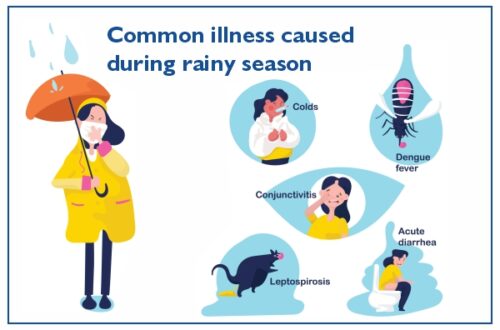
12 Ways To Take Care Of Your Eyes From Air Pollution
Protecting your eyes from air pollution is essential, as exposure to pollutants in the air can lead to a range of eye issues, including irritation, redness, dryness, and even more severe conditions. Here are 12 Ways To Take Care Of Your Eyes you can take to safeguard your eyes from the harmful effects of air pollution:
Wear Protective Eyewear:
Invest in a good pair of wraparound sunglasses that provide full coverage for your eyes. Look for sunglasses with UV protection and those that specifically block out UVA and UVB rays. These sunglasses not only shield your eyes from harmful UV rays but also act as a barrier against airborne pollutants.
Use Eye Drops:
Lubricating eye drops can help relieve dryness and irritation caused by air pollution. Artificial tears or preservative-free eye drops can help keep your eyes moist and comfortable, especially in dry and polluted environments.
Avoid Touching Your Eyes:
Your hands can carry dirt and pollutants, so avoid touching your eyes with your fingers. This can prevent transferring pollutants from your hands to your eyes, reducing the risk of infection or irritation.
Wash Your Eyes:
After spending time outdoors in a polluted environment, consider rinsing your eyes with clean, lukewarm water. This can help wash away any particulate matter that may have settled on your eyes. Blinking rapidly for a few seconds can also help naturally clear your eyes.
Wear Eyeglasses or Protective Goggles:
If you wear prescription eyeglasses, consider wearing them when you’re outdoors. They can act as a barrier against pollutants, preventing them from directly coming into contact with your eyes. In highly polluted areas, protective goggles may also be an option.
Limit Outdoor Activities During High Pollution Days:
Stay informed about local air quality levels and try to limit your outdoor activities on days when pollution levels are particularly high. When you do need to go outside, try to schedule activities during times when pollution levels are lower, typically in the early morning or late evening.
Keep Indoor Air Clean:
Ensure that the air inside your home or workplace is as clean as possible. Use air purifiers with HEPA filters to remove airborne pollutants, and make sure your indoor environment is well-ventilated. This will provide a haven for your eyes when you’re indoors.
Stay Hydrated:
Adequate hydration is essential for maintaining eye health. Drinking enough water helps keep your eyes moist and may alleviate some of the discomfort caused by dry and polluted air.
Maintain a Healthy Diet:
A diet rich in antioxidants, such as vitamins A, C, and E, can help protect your eyes from oxidative stress caused by pollution. Foods like carrots, leafy greens, citrus fruits, and nuts can support eye health.
Regular Eye Check-Ups:
Routine eye check-ups with an optometrist or ophthalmologist are crucial for early detection and management of eye problems. Regular exams can help monitor and address any eye issues that may arise due to pollution or other factors.
Use Protective Eyewear When Engaging in Outdoor Activities:
If you engage in outdoor activities like cycling, motorcycling, or sports, consider using protective eyewear or goggles that can shield your eyes from pollutants, dust, and debris.
Limit Exposure to Smoke and Allergens:
Smoke from tobacco or other sources, as well as allergens, can exacerbate the effects of air pollution on your eyes. Avoid smoking and reduce your exposure to allergens to minimize eye irritation.
By following these steps and taking proactive measures to protect your eyes from air pollution, you can reduce the risk of eye discomfort and maintain your eye health in polluted environments. Remember that long-term exposure to air pollution can have adverse effects on your eyes, so taking these precautions is crucial for maintaining clear, comfortable vision.





